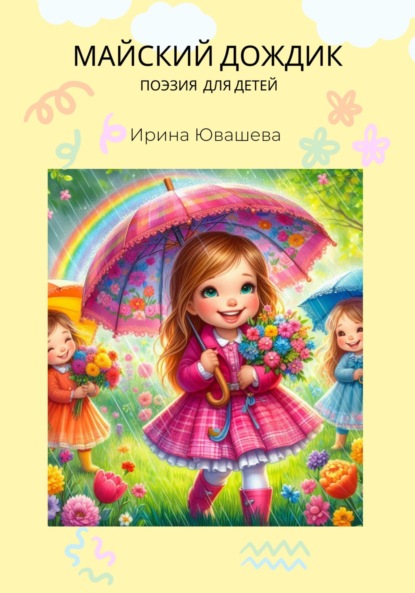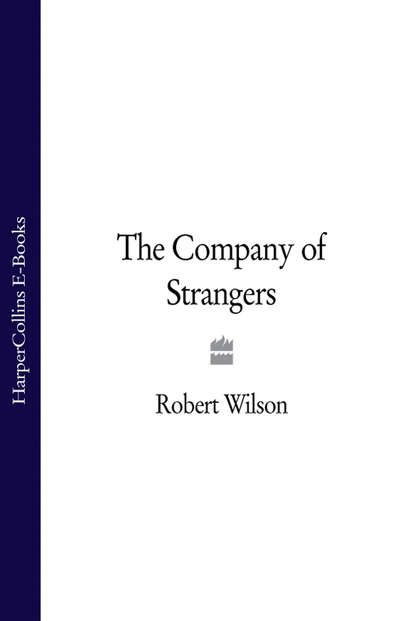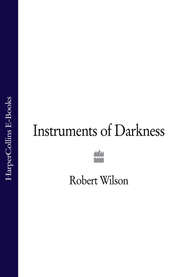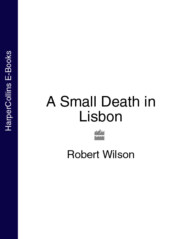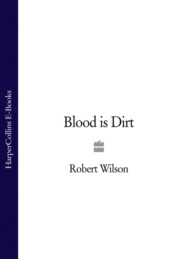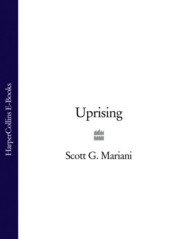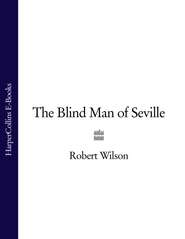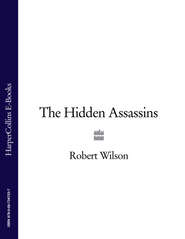По всем вопросам обращайтесь на: info@litportal.ru
(©) 2003-2024.
✖
The Company of Strangers
Автор
Год написания книги
2018
Настройки чтения
Размер шрифта
Высота строк
Поля
‘That must be hard work if they all died in church back in 1755.’
‘Ah, well, you see, the good Doctor’s trained to be a priest, he’s a monk manqué…he knows better than anybody how to control a population. You might have heard of the PVDE.’
‘Not yet,’ she lied.
‘His secret police. His Inquisitors. They root out all non-believers, the heretics and the blasphemers, and break them on the wheel.’
She looked sceptical.
‘I promise you, Anne, there’s no difference except it’s politics now and not religion.’
He beckoned the boy, who approached, whisky bottle in hand, and filled Wilshere’s glass to within a quarter-inch of the brim. He took an olive, bit out the pit, and threw it unconsciously into the garden. He sucked the top off his drink, lit another cigarette and was surprised to find his old one still going in the ashtray. He crushed it out, flung a boot up on to the chair and missed. He looked at his watch as if someone had burnt his wrist.
‘Better change for dinner. Didn’t realize it was so late.’
Anne stood with him.
‘No, no, you stay here,’ he said, patting her arm. ‘You’ll do fine like that. Perfect. I still smell of horse.’
He did. And whisky. And something sour, which smelled the same as fear but wasn’t.
‘Will your wife be joining us?’ Anne asked his retiring back.
‘My wife?’ he asked, turning on his boot heel, the whisky from his glass slopping on to his wrist.
‘I thought I saw her…’
‘What did you see?’ he asked rapidly, drawing on his cigarette, which he then flicked away across the terrace.
‘On the way down from my room. A woman in a nightdress…that was all. In the corridor upstairs.’
‘What did Cardew say about my wife?’ asked Wilshere, the savage edge to his voice even sharper.
‘Only that he thought she was unwell, which was why I asked you…’
‘Unwell?’
‘…which was why I asked you whether she would be joining us for dinner, that’s all,’ finished Anne, holding her ground against Wilshere’s sudden blast.
His top lip extended over the glass rim and sucked up an inch of whisky, the sweat from the alcohol in this heat standing out on his forehead in beads.
‘Dinner’s in fifteen minutes,’ he said and turned through the french windows, clipping the door, which juddered in its frame.
Anne sat back down, a small tremble in the tip of her cigarette as she put it to her mouth. She sipped more gin, finished smoking and walked out on to the crepuscular lawn. Lights were on down in the town – rooms here and there in buildings, streets brought up in monochrome, the crowns of the gathered stone pines billowing like thick black smoke, the railway station with people waiting, mesmerized by the track or staring off down the rails of past and future. Normality, and next to this, the vast and threatening blackness of the unlit ocean.
Two squares of light came on in the house behind her. A figure came to one of the lit windows and looked down on her although, in the twilight, she wasn’t sure if she was visible. She felt the drag, almost heard the sinister rattle of the pebbles as with the inevitability of tide she was being drawn into the complicated currents of other people’s lives.
Chapter 9 (#ulink_0330d8a0-b848-5e45-9a27-98f3f8365b56)
Saturday, 15th July 1944, Wilshere’s house, Estoril, near Lisbon.
The servant came out on to the lawn to get her, made her jump as she was lounging about in her own thoughts. She’d lost herself in the graininess where the town’s light met the darkening air. She turned to the boy and found that the façade of the house was now lit by footlights as if it was a monument. It only came to her then. The freedom of artificial light. She hadn’t thought about it looking down on the town. No blackout. This alarming country – free and yet forbidding.
She followed the boy. His thighs thumped out of the side of his trousers, massive as a weightlifter’s. He walked her across the terrace, already cleared of her half-drunk gin and tonic, and on to the dining room halfway down the corridor. Three glass chandeliers hung over a table which had been shortened to fifteen feet for this, more intimate, occasion. Wilshere stood, almost at attention. He was dressed in a dinner jacket with a board-hard shirt front and black bow tie. He presented his wife, who was in a floor-length evening gown, breasts encased, waist pinched, skirts full of animal rustlings. Her hair was up and she wore a necklace of three large, set rubies. Her face still had the terrible pallor but it was not the alabaster whiteness of her mother’s, more the ghastliness of unsuccessful junket.
Anne shook her hand which had been held out like a bishop’s, waiting to be kissed. It was puffy, swollen by fluid retention, so that the knuckles were dimples. They sat. Anne, midway between their two ends, awkward in her informal dress. The light from the three chandeliers was surgically bright and harsh – operative.
A soup was served, greyish-green with a slice of sausage floating in the middle. White wine trickled into glasses. Mafalda refused the wine, placed her spoon in her soup and looked about. The wine tasted of cold metal with a fizz like the end of a battery. The soup was replaced by a plate of three fish each, their eyes cataracted by frying. Anne’s intestines screamed for a break to the shattering silence but Wilshere, unmoved, holding his knife like a scalpel, dismantled his fish expertly, while Anne reduced hers to a pile of bony hash. Mafalda’s knife and fork tinkered around the sea bass and subsided. The fish were taken away. Large chunks of indeterminate meat flecked with red were served, clamshells rattled on the plates.
Anne, desperate to communicate, found her thoughts crashing about her head like a late-night drunk looking for food in a hotel kitchen. Mafalda corralled her meat on one side of her plate, the clams on the other, and laid down her irons. Red wine jugged into different glasses. It smelled of damp socks but tasted as complex as a kiss. Wilshere swilled it in his mouth, his lips pursed to a smooch beneath his joyous moustache.
‘Your husband was telling me about fado this evening,’ gasped Anne, having two goes at it, finding not just a frog in her throat but a whole fat toad.
‘I can’t think why,’ said Mafalda. ‘He doesn’t know anything about it. Loathes it. Runs – no, sprints – to turn it off when it comes on the radio.’
Wilshere’s jaws chewed over the meat in his mouth, interminable as cud.
‘He was saying,’ Anne pressed on, ‘he was saying that they’re songs about longing, about dwelling…’
Mafalda just rattled the cutlery on the side of her monogrammed plate and Anne shut up.
‘I like that new girl. Amália,’ said Wilshere. ‘Amália Rodrigues. Yes, she’s rather good.’
‘Her voice?’ asked Mafalda on the end of a coal-black look.
‘I didn’t know there was anything else to fado,’ said Wilshere, ‘or were you asking me whether I thought she had the spirit, the soul, the alma of fado?’
A twitch had started up around Mafalda’s left eye. She stroked it down with her little finger. Anne looked from one end of the table to the other – the idiot spectator.
‘Of course, she has marvellous…’ said Wilshere, and his search for a word set the air quivering, ‘…marvellous deportment.’
‘Deportment?’ scoffed Mafalda. ‘He means…’
She reined herself in. Her small puffy fist banging the edge of the linen tablecloth a light thump.
‘Perhaps I should have chosen something less contentious,’ said Wilshere. ‘We were merely conversing about our good friend the great Doctor and, of course, the three “F”s came up. Perhaps we should have talked about history, but even that’s a minefield. You’ll be glad to know that I didn’t make any mention of O Encoberto, the Hidden One, my dear.’
‘The Hidden One?’ asked Anne.
‘Dom Sebastião,’ said Wilshere. ‘No, I didn’t make any mention of him, my dear, I knew you’d rather tell Anne all about that yourself. My wife, you see, Anne, is a monarchist. A state that hasn’t existed in this country for more than thirty years. She believes that the Hidden One, who was killed – ooooh, four hundred years ago, wasn’t it? – on the battlefield of El Kebir in Morocco, will somehow return…’
Mafalda stood with some difficulty. Wilshere broke off. A servant was pulling back her chair and offering his shoulder for her to lean on.
‘I’m not feeling so well,’ she said. ‘I’m afraid I will have to withdraw.’
She left the room without appearing to shift any of her weight on to the servant’s shoulder, which she gripped in a fistful of material. She hadn’t been that unsteady upstairs in her nightclothes. Mafalda gave Anne the shadow of a nod. The door closed with a brass click. Anne dropped back into the dent of her upholstered chair, traumatized. Her half-eaten meat was removed. Fruit salad appeared. Steps receded to the kitchen. They were left alone in the chandeliered glare, the red wine on a small silver tray in front of Wilshere.
‘Words, words, words,’ said Wilshere under his breath, ‘it’s only words.’

